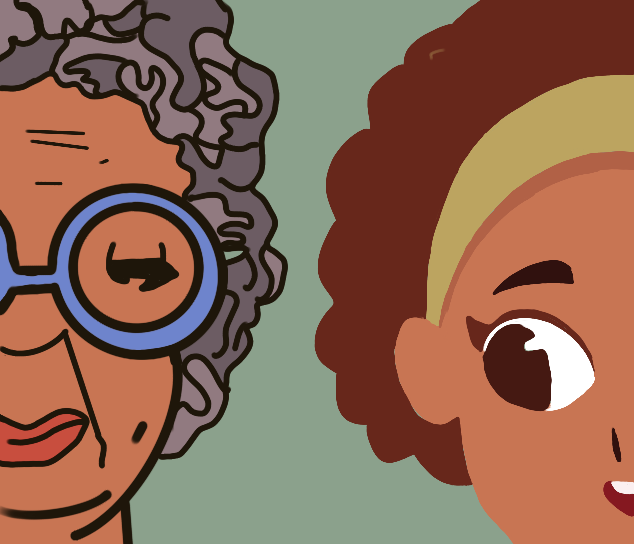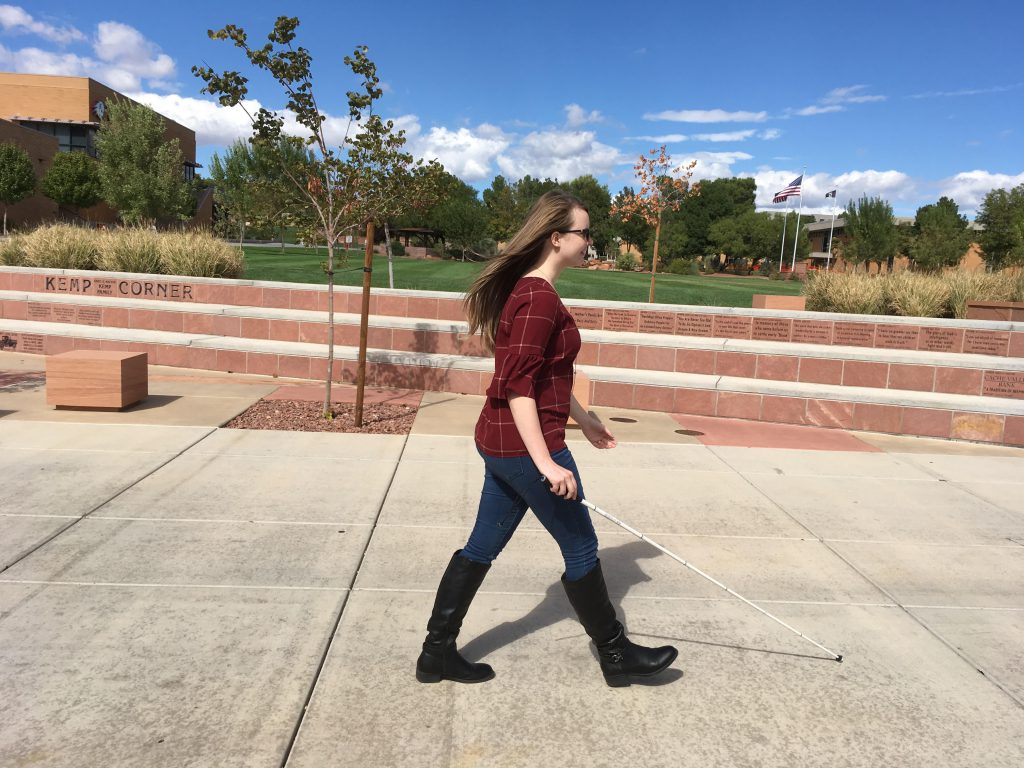Quarantine and social distancing have caused a loss of experiences and potential memories for everyone, and each generation is taking it differently.
We have all heard people make comments about how the old are wiser than the young, and it’s true because older people have experienced and learned lessons throughout their lives. Those born between 1946 and 1964 are known as the Baby Boomers, and those born before 1945 are known as the Traditionalists.
Boomers may be disliked by Millennials — those born in the 1980s or 1990s — but they, along with the Traditionalists, are the best people to ask for advice. Yet, one thing neither they nor any other generation can give advice about is how to act toward COVID-19 because it’s unlike anything any currently living generation has experienced.
Whether old or young, COVID-19 has caused everyone to quarantine, social distance and follow other precautions at some point or another this year.
Each generation has different conflicts that have shaped how they look at problems. For one, the Traditionalists know what it’s like to go through the Great Depression because they lived through it, the Boomers understand the aftermath of war, Generation X grew up independently as the latchkey kids because their parents were never home but always working, Millennials experienced 9/11, and Generation Z has been through the most political and social changes.
“Kids are very much like sponges, soaking up the experiences they have each and every day.”
Very Well Mind
You may wonder why it should matter what people in these generations have been through. Notice that the events each generation has gone through occurred during their childhood. For example, Boomers were children in the aftermath of World War II, which shaped their lives and affected the way they approach or say things.
According to Very Well Mind, “Kids are very much like sponges, soaking up the experiences they have each and every day.”
Today, children are staring at technology daily while learning school lessons from their homes or having a limited in-person social experience. This will affect the way they communicate as adults. Children are thinking this culture is normal and they’re learning from it daily.
That being said, the way people have been directed to deal with this virus has caused problems for everyone, no matter the age group. Quarantine has led to depression, anxiety and a rise in domestic violence. Elderly people live in fear of leaving the house because they are among those at higher risk due to their lower immune systems.
Studies have shown that although staying inside your house prevents you from catching the virus, it also prevents you from getting enough sun, Vitamin C and the germs that our immune systems need, according to a Men’s Journal article. In fact, staying in your house for a long time makes your immune system weaker and several experts have advised against it.
The younger generations happen to leave their homes more often than the older generation. So, each generation will follow precautions differently, but we should all respect each other no matter what generation we are in and despite our different outlooks on the pandemic, it’s a hard time for all of us.




